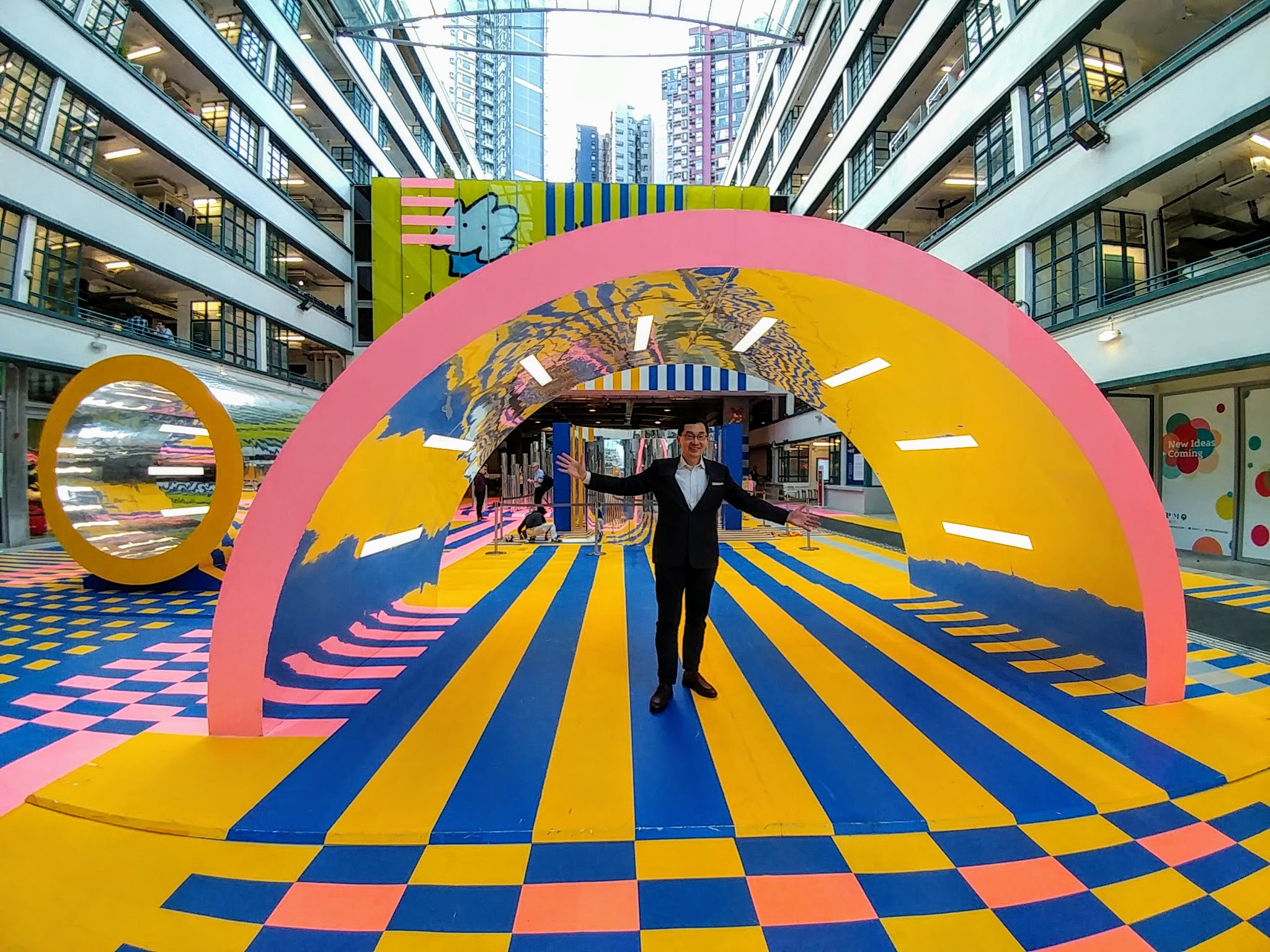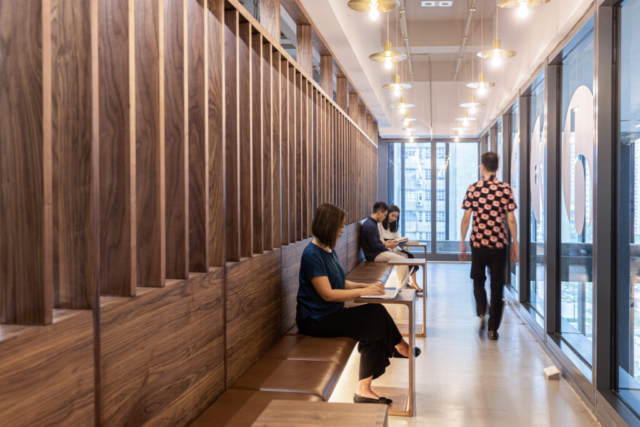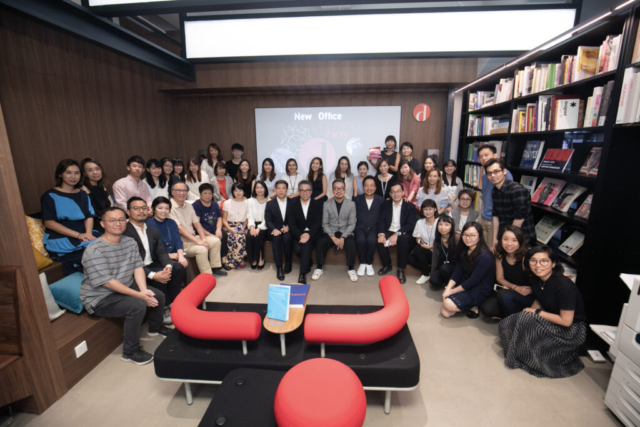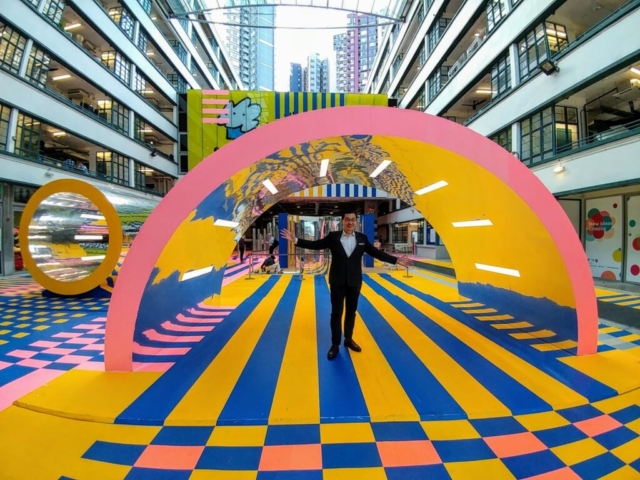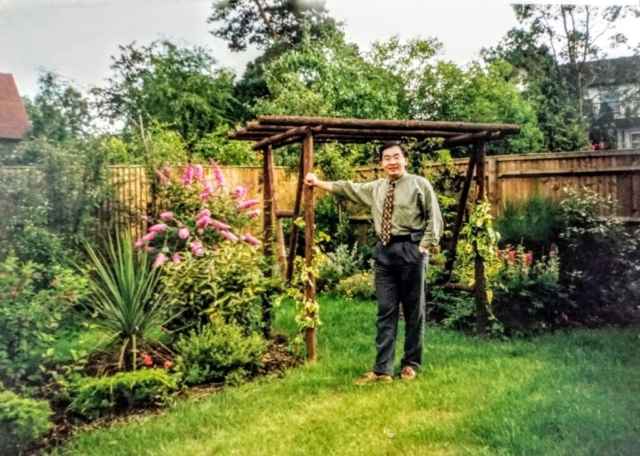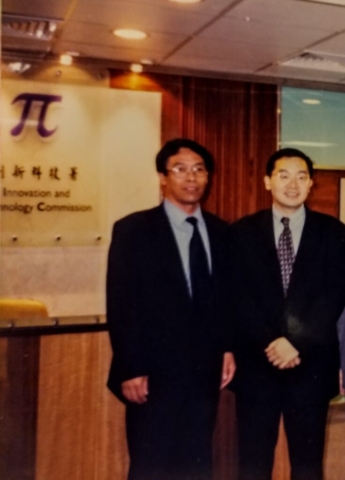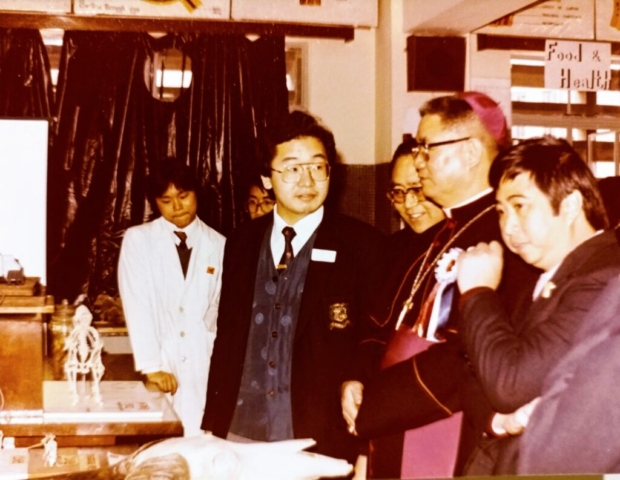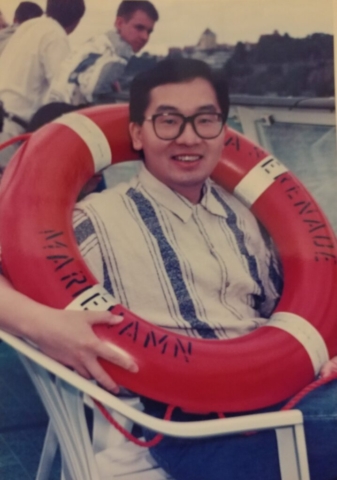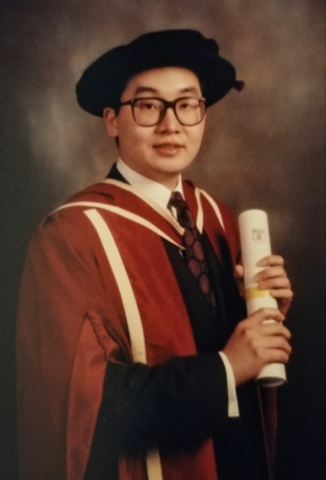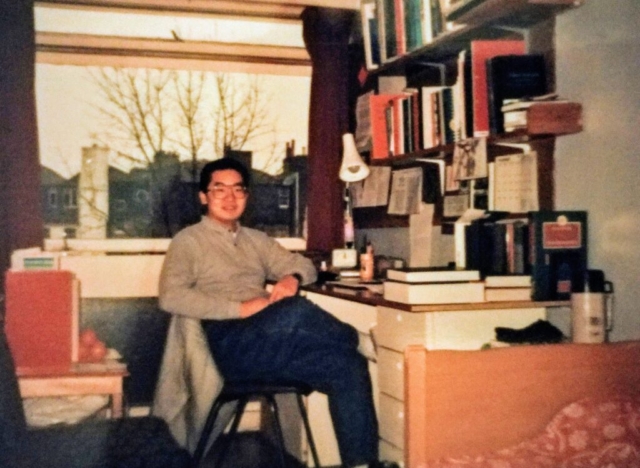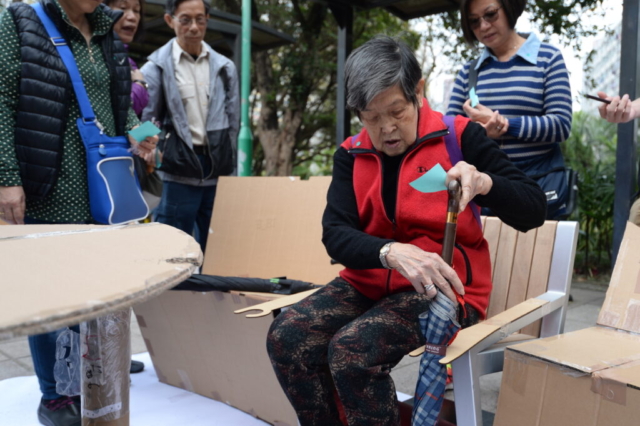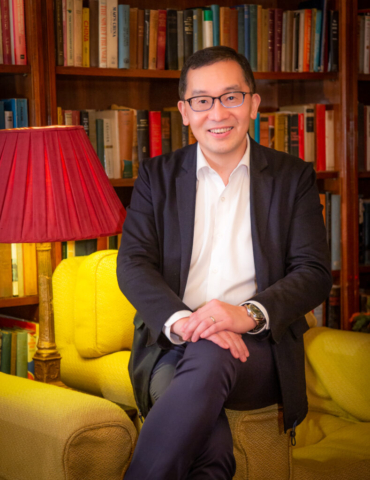19-05-20
Creative thinking(創意思維) is not the same as creativity(創作). It is about how anyone of us can solve a problem or understand an issue differently and imaginatively at work or in life.
Barack Obama said, “To help build a new foundation for the 21st century, we need to reform our government so that it is more efficient, more transparent and more creative. That will demand new thinking and a new sense of responsibility for every dollar that is spent.” This statement is ruminative, transporting my thoughts to other sectors of a society.
Among all new thinking, ‘creative thinking’ is considered the most important quality of a man in the 21st century. Creative thinking helps you look at problems and situations from a fresh perspective. You must try to ‘think outside the box’. What is thinking outside the box? Let us see what the great leaders told us:
- “It is impossible to produce superior performance unless you do something different.”
- “The beginning of greatness is to be different, and the beginning of failure is to be the same.”
- “People believe thinking outside the box takes intelligence and creativity, but it is mostly about independence. When you simply ignore the box and build your reasoning from scratch, you end up with a unique conclusion.”
- “The person who is most likely to get new ideas is a person of good background in the field of interest and one who is unconventional in his habits.”
It is wrong to assume that only artists are creative thinkers. Creative thinking is not just about writers, designers or scientists. In fact, training can make the brain of any of us to think differently and creatively. The Executive Director of Hong Kong Design Centre, my personal friend, Edmund Lee described the nature of creative thinking to me. He said, “To develop creative thinking, learn to never say No to new problem and Yes to any old solution. Examine why the problem is not solved. Ask what are the real needs of the complainants or users, and what you can creatively do in the circumstances with more options? Always remind yourself that there is a chance that your new solution may not work out, but there is also a good chance that you will succeed. All you can do is to be courageous and do what is the best. Be positive and not stubborn! This way of creative thinking applies not just to civil servants, but all of us in Hong Kong: businessmen, professionals, bankers, teachers, social workers and even a John Doe in the street. Many in Hong Kong complain that they feel hopeless. Well, this is because they do not bother to open windows of their mind with others, wide enough to include all possibilities.”
Edmund went on and laughed, “Imagine yourself being a weightlifter: train your brain to work more and intelligently. This time, your brain may take up 30 kg and next time 60kg. After you think critically, you may come up with your solution to satisfy needs effectively and have a higher aim. Place the thinking process on your capabilities and convictions, not only limitations. You should solve a problem for yourself, for the users and not just for your boss or the process itself!”
A recent story of creative thinking is found in India. Instead of sending offenders who broke the rule of city lockdown against coronavirus to court and jail, the police simply pushed them to get onto a van in which there were actors pretending to be coronavirus patients without wearing a mask. The arrested were scared to death. The offenders were discharged after the ride but they had learnt a big lesson of not being selfish.
Creative thinking involves 3 mentalities: if you are positive and brave enough? If you are objective and resilient enough? If you are different or innovative enough? 70% of the people will fail in the test. Creative thinking is a demanding combination of a positive attitude, an unconventional mind and a disciplined brain. When Hong Kong can break out of the established patterns of old success in order to look for and look up to new ways of doing business, I believe she can renew and rejuvenate. People in Hong Kong should get rid of the old ‘take it for granted’ turn of mind.
Do not forget that side by side with creative thinking, the skill of ‘critical thinking’ is equally important: i.e. the ability to think rationally and objectively about what to do or what to believe. Without critical thinking, creative thinking will have no foundation.
This article can also be found at the following sites:




